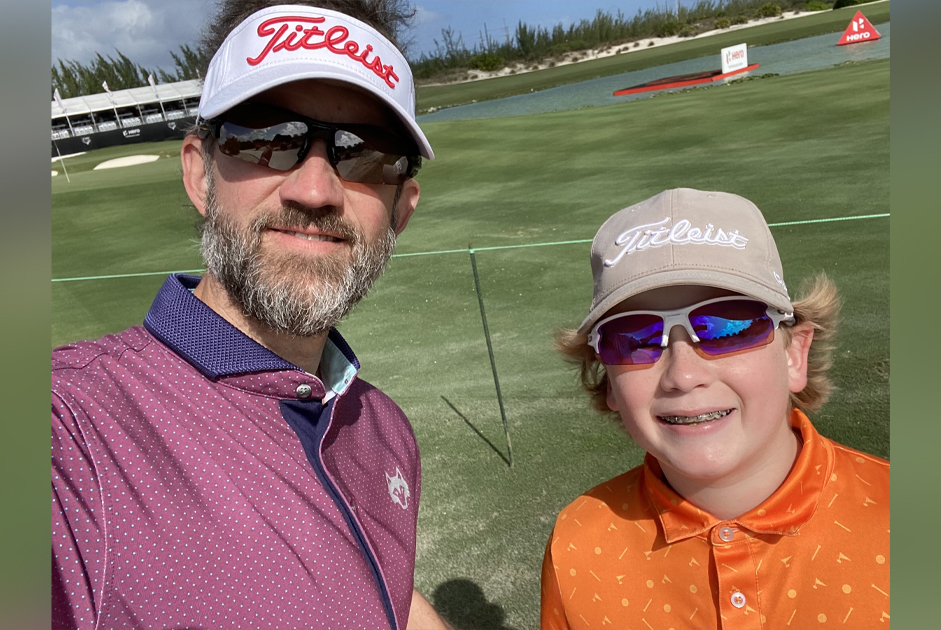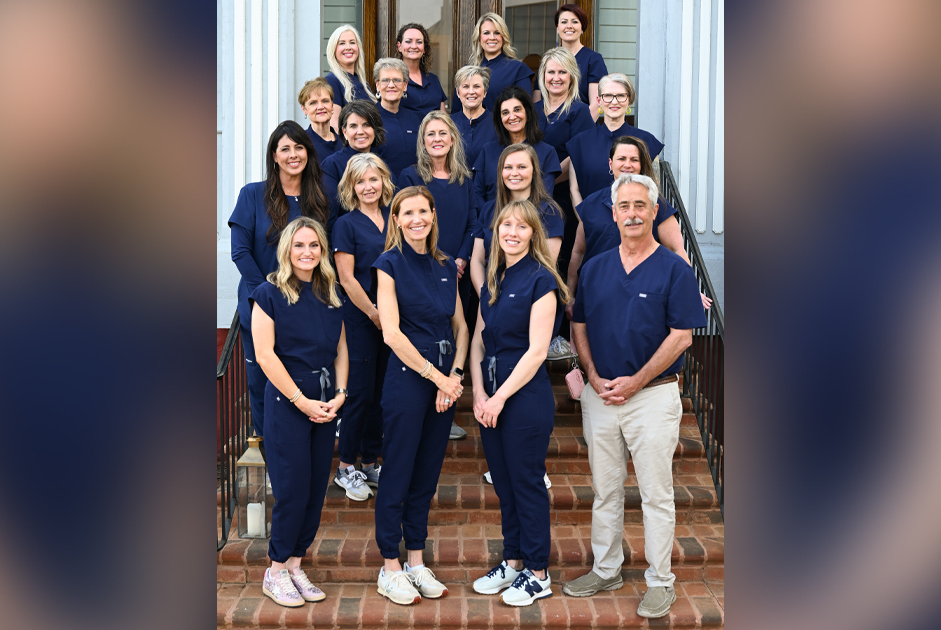Distraction plays an important part in how well we are able to focus on conversation. Environmental sounds, the television or radio, distant conversations, our cell phones or even the niggling worry of our own difficulties interfere with our ability to listen. How often do we engage our children in conversation requesting them to stop, stand still and listen? In frustration, we may say the words, “Are you listening?” Shutting out noise is often not a viable solution; nor is the act to simply give the other person our full attention. Active listening is truly a skill that can be learned.
Our Gift of Learning
We all have a distinct gift in the way we process information and learn. For some, it may be a strength to listen and recall information, and that is termed auditory; while the majority of individuals require visual cues to gain a clear understanding. Active listening enables a person to listen with all senses and give the full attention to the speaker. Through this skill, we are clearly able to hear what the other person is saying, regardless of whether or not the information becomes uninteresting or dull. And, when we learn how to be engaging, we can also encourage trust and build a deeper rapport with others. Wouldn’t it be wonderful to feel more at ease communicating and understanding?
Here is how to practice the technique of active listening.
An Open Mind: As a listener, open your mind to the new presentation of ideas or a different perspective. Despite the need to argue or present your points and examples without allowing the speaker to finish talking, hold your judgment and criticism. Active listening allows the speaker to present all points before the listener can respond.
Body Language Cues: Take notice of the listener’s posture. Is she sitting stiff and rigid? Is her body pulled away, sending a clear message of distance? The tone of voice may be a result of the lack of eye contact. For shy or uncomfortable speakers, consider combining eye contact with non-verbal messages. Interpreting a listener’s body language may help you to change your own positioning and establish a welcoming stance, such as smiling as you talk or leaning in closer. You may quickly discover that a listener will unconsciously change her positioning, providing a more comfortable tone to the conversation.
Ask Questions: A true test of active listening is to engage the listener by showing interest or asking questions, especially when an issue is unclear. Open ended or clarifying questions allows a listener to expand their thoughts while considering a more thoughtful and concise response.
Summarizing: How often are we given instructions, and our visual processing prohibits the ability to remember the details? One of the easiest methods is to respond by stating, “Let me summarize.” This allows both the speaker and the listener to ensure clear understanding.
Audio books: Mention the words, “audio books” and the response is, “I do not enjoy listening to a book. I prefer reading.” This is one of the greatest skills to alter your gift as a visual learner and become an auditory listener. Young children can greatly benefit as listeners just by listening to books, at least one to two years above their reading level. Remember, listening, when your skill is not strong, can only help you develop active listening. Begin with books you know well and love. The visual or tactile learner will be able to envision the scenes, helping in the process of intently listening. Lost in translation, just go back a few minutes or to the start of the chapter. With practice, active listening will become a preferred means to learn, especially if you need an activity while driving, walking the dogs or performing household tasks!
Weaknesses can become strengths with practice and the willingness to engage in active listening. As an individual with different strengths, you will discover not all techniques work the same; yet, we can try something new such as paying attention to the speaker’s body language or asking questions and summarizing a list of instructions of information. Listening is a vital skill. Why not make it a priority to become an active listener?




















